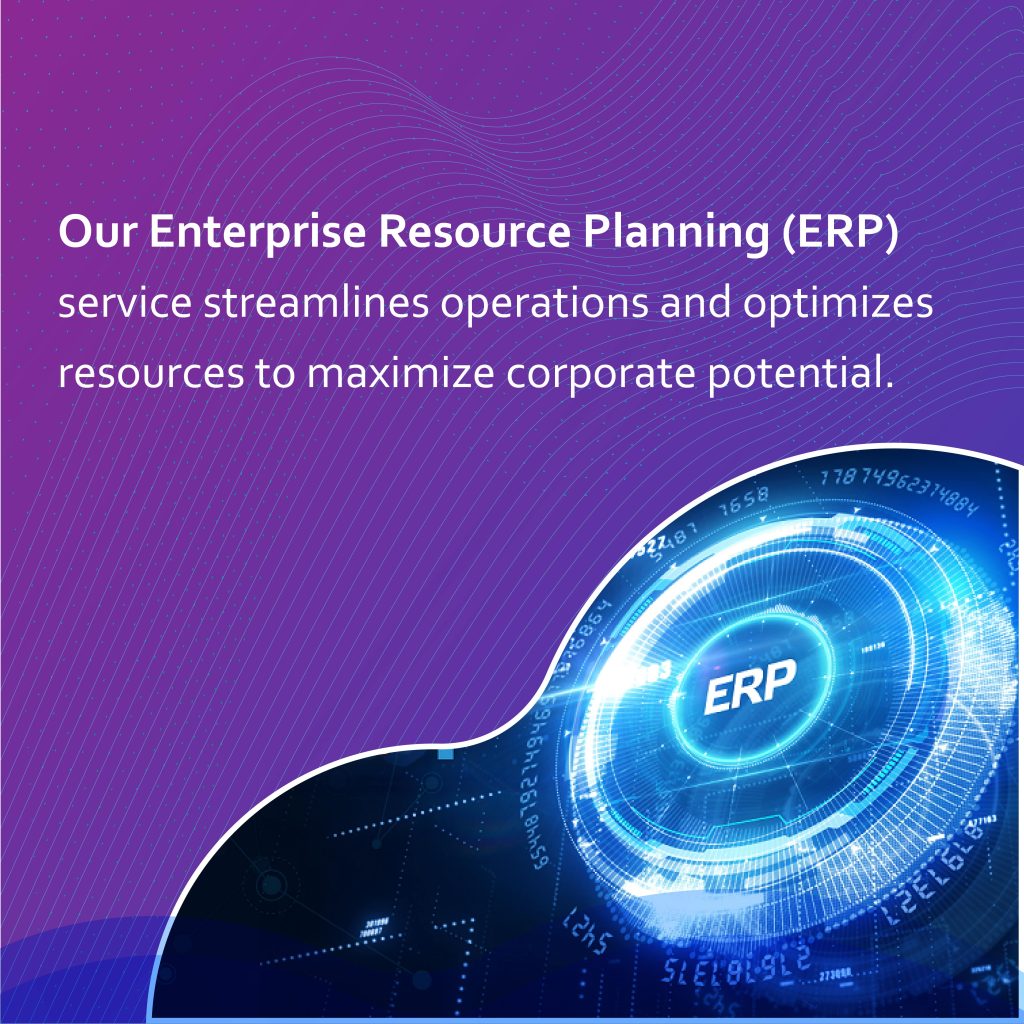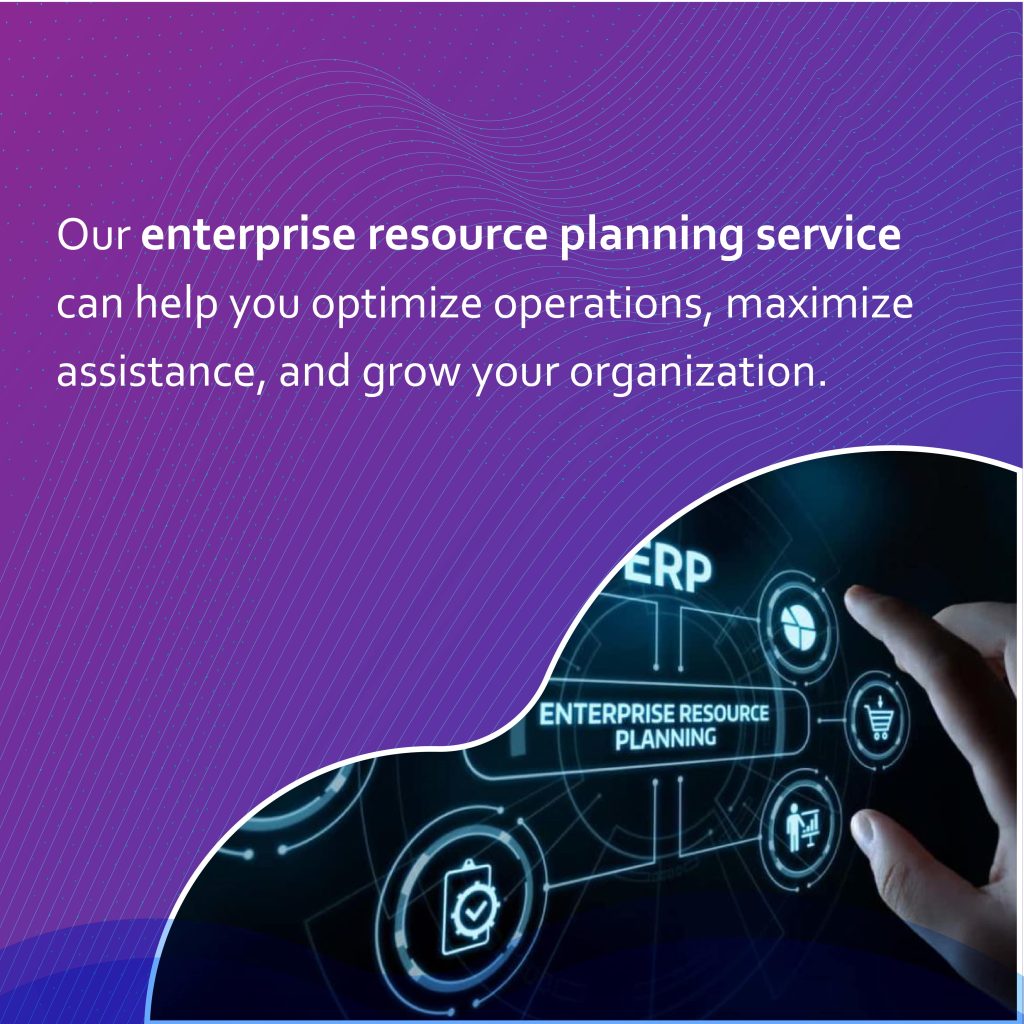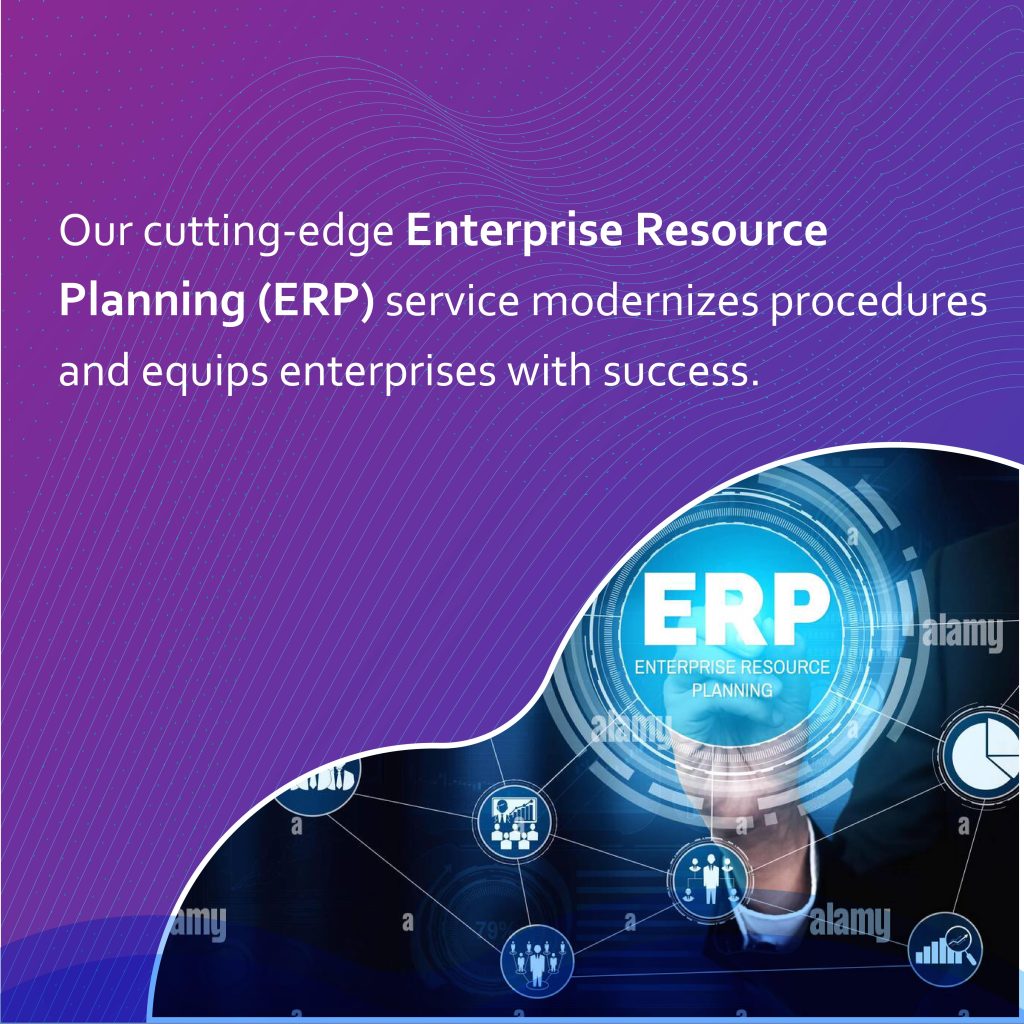
Introduction:
Whether you have a small firm or own a company, you know that it’s a difficult task to maintain all your business data. Data Management, Supply chain, Risk Management, and accounting require expertise to produce better results. Here, ERP software and system comes into the game.
ERP, abbreviated as Enterprise Resource Planning, as the name suggests that it is a guide to better planning for your businesses. Such planning can help in cutting extra expenses and helping in progressive results.
This blog post will briefly discuss everything about ERPs and why you might consider them.
What is ERP Software Development:
Enterprise resource planning systems manage the production and distribution end of your business. These ERPs can be on-site or in the cloud. ERP systems help maintain transparency by providing a workflow of all the key aspects. These ERP systems work as a central hub for businesses.
With the rise of digitalization, and Web 3.0, modern means of ERP systems are in the market. This new ERP software is not just restricted to integration only. Rather they utilize Artificial Intelligence, Cloud Computing, Unique Identifiers (UIDs), and loT technology.
Research shows that implementing ERP caused a 95% improvement in businesses.
ERP and Financials:
It is a common practice that financials are often used while explaining ERPs. However, remember that financials are a part of bigger ERP management. Financials are concerned with the finance department only, like costs on production and distribution, budget management, expense, and assets management of a company.
As finance handles only one aspect of the company, ERP manages many areas. ERPs control and manages logistics, enterprise performance management EPM, stock management, and supply chains.

Value of ERP Systems:
It is possible to accept the significance of ERP systems. ERP systems offer great value to your businesses. Some of the most prominent value packs of ERP systems include the following.
- Reduces Errors: The main workflow of ERP systems is designed only for management only. So, these systems ensure less chance of errors and provide more accurate and factual results.
- Data-driven Analysis: ERP systems follow real-time workflows and cheeks all the data on every account. This data-driven analysis allows companies to make statistically accurate and beneficiary decisions.
- Lower Operational Costs: The cloud can easily manage ERP systems. On-Site management departments can cost a lot for the company. Here, cloud-based ERP systems can reduce and even cut a large amount for operational and installation charges.
- Isolated Modules: With customized ERP software, companies can easily create isolated modules for each and different department. For instance, you can have a separate module for the sales department and a separate module for the distribution department. These isolated modules stop data from mixing departments and allow clean workflow.
- Flexibility: Much third-party software does allow companies various solutions, but they are not flexible because of their universal nature. ERP software is flexible because of its customized nature. This flexibility can provide productiveness and yield profitable results.

Conclusion:
Enterprise management planning (ERP) offers a great deal of advantages for companies in many ways. Its scalability, availability, reduced costs modules, and flexibility make it a go-to move. However, there are chances of bugs and update errors in these, but still, it offers a variety of benefits for the company owners.
Ready to take the leap? Don’t miss out on the opportunity to unlock the full potential of your business. AETSM SOFT team of experts will guide you through the ever-evolving landscape of technology, equipping you with the tools and knowledge needed to stay ahead of the competition.
